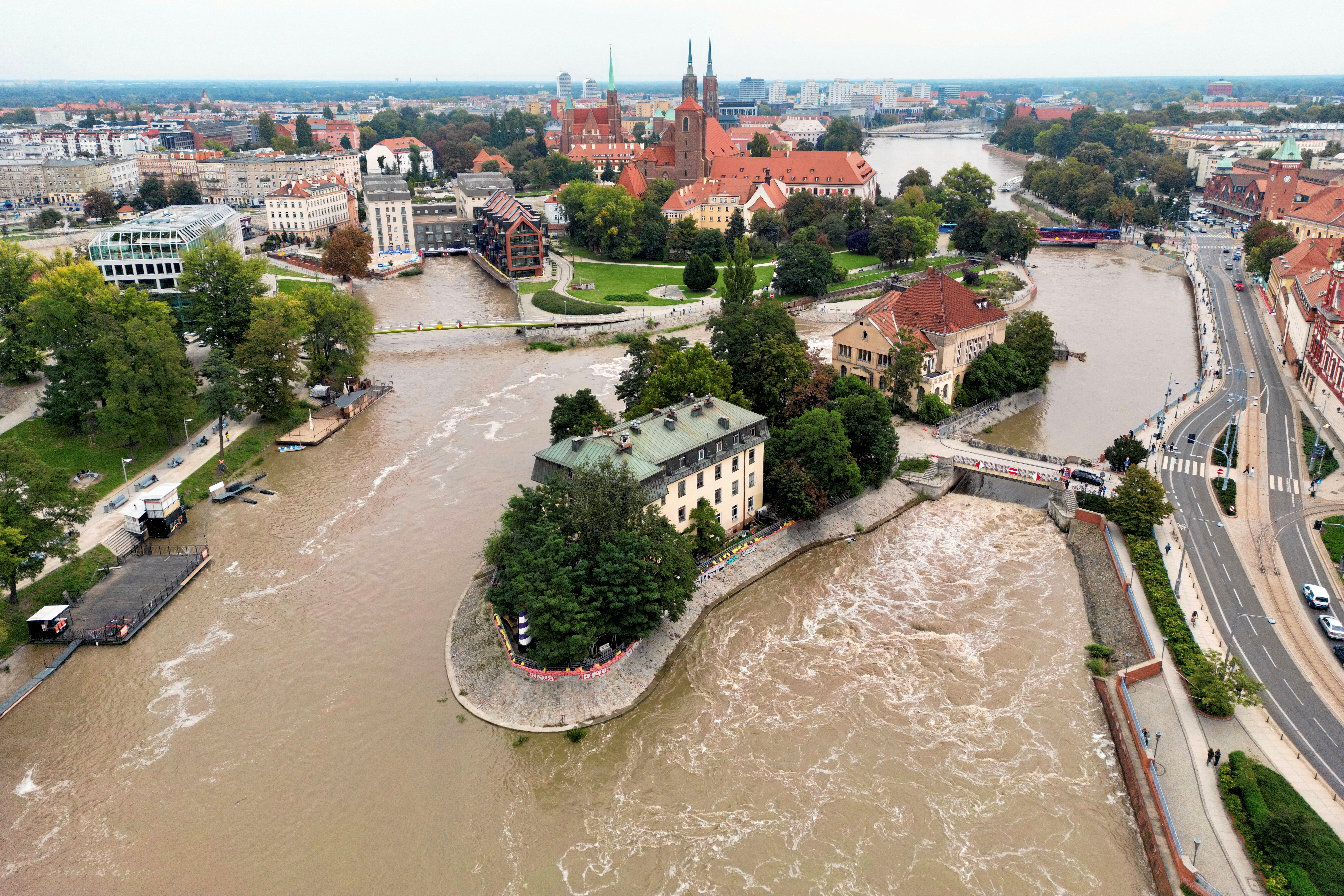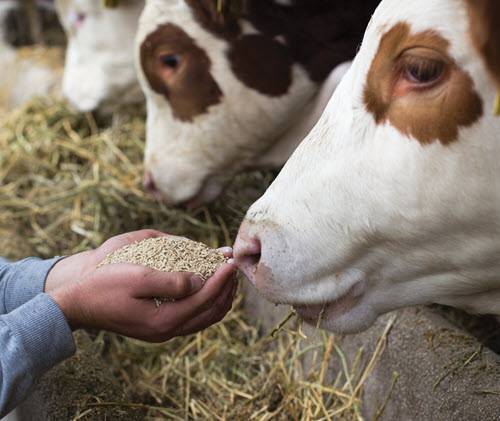Flood-Hit European Farmers to Receive €120 Million in Aid from European Commission
The European Commission announces a €120 million aid package to support farmers in countries hit hardest by extreme rain and weather events in 2024.
Introduction
Farmers across Europe who have faced devastating losses due to extreme rainfall and adverse weather conditions this year are set to receive financial relief. The European Commission has announced a €119 million support package aimed at assisting the agricultural sector in the countries most affected. This aid comes as many farmers struggle to recover from the damage caused by unprecedented flooding and harsh weather, which have severely impacted crop yields, livestock, and overall farm productivity. In this article, we explore the details of the support package, the extent of the damage, and the broader implications for the agricultural industry in Europe.
The Scale of the Damage
Extreme Weather Events in Europe
In 2024, several European countries experienced extreme weather conditions, with excessive rainfall causing significant flooding in both rural and agricultural areas. These floods have not only washed away crops but have also damaged infrastructure and disrupted the livelihoods of thousands of farmers. Many areas have reported the loss of entire harvests, making it impossible for farmers to meet production targets and threatening food security in some regions.
Countries such as Italy, Spain, and France have been among the hardest hit by these extreme weather events. In addition to floods, prolonged periods of heavy rain have delayed planting schedules, waterlogged fields, and damaged soil health, further compounding the challenges faced by the agricultural sector.
European Commission’s €120 Million Aid Package
Support for Farmers in Affected Countries
In response to the crisis, the European Commission has announced a financial aid package worth €119 million to support farmers in the worst-affected countries. This package is designed to provide immediate relief to help farmers recover from their losses and continue operations despite the adverse weather conditions.
The aid package will be distributed among the countries most severely impacted by the floods and extreme weather. It is expected to cover the cost of damages to crops, livestock, and infrastructure, while also helping farmers invest in recovery efforts and build more resilient agricultural practices for the future.
Assistance for Farmers
The support package will focus on several key areas:
- Compensation for crop losses: Farmers who have lost significant portions of their crops due to floods will receive financial support to help offset the revenue losses from lower yields.
- Livestock support: Many farmers in the affected regions have also lost livestock due to the floods. The aid package will include funding to help replenish livestock numbers and provide immediate care for surviving animals.
- Infrastructure repair: Damage to farm infrastructure, including roads, irrigation systems, and storage facilities, will be addressed with funds aimed at restoring operations and mitigating future risks.
- Resilience building: In addition to immediate relief, the package will promote investment in climate-resilient agricultural practices, helping farmers adapt to the increasing frequency of extreme weather events.
Broader Implications for the Agricultural Sector
Impact on Food Security
The floods and extreme weather events in Europe this year have highlighted the growing risks posed by climate change to food security. With entire crops being wiped out and livestock herds decimated, the agricultural industry is facing heightened challenges in maintaining consistent production levels. The European Commission’s aid package is a crucial step in ensuring that farmers can recover quickly and continue contributing to the region’s food supply.
However, the longer-term concern is how the agricultural sector will adapt to the increasing volatility in weather patterns. With extreme weather events becoming more frequent, there is a growing need for farmers to adopt more resilient farming methods, such as improved water management systems, crop diversification, and better soil conservation practices.
Climate Change and Farming
The support package also underscores the urgent need to address climate change and its impact on agriculture. As extreme weather events become more common, farmers will need to invest in sustainable practices to mitigate the effects of these disruptions. The European Commission’s focus on building resilience within the agricultural sector is a step in the right direction, encouraging farmers to adopt climate-smart technologies and practices that can help them better withstand future climate shocks.
Conclusion
The €120 million aid package announced by the European Commission is a lifeline for farmers across Europe who have been devastated by floods and extreme weather in 2024. By providing compensation for losses and supporting recovery efforts, the Commission aims to stabilize the agricultural sector and ensure that farmers can continue operating in the face of mounting climate challenges. While this aid will offer immediate relief, it also highlights the need for long-term investments in climate resilience to safeguard Europe’s food security in the years to come.



